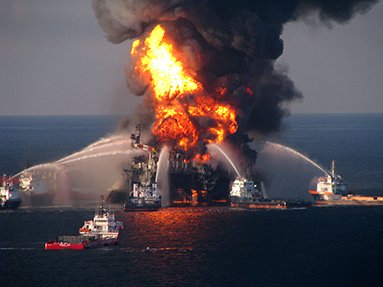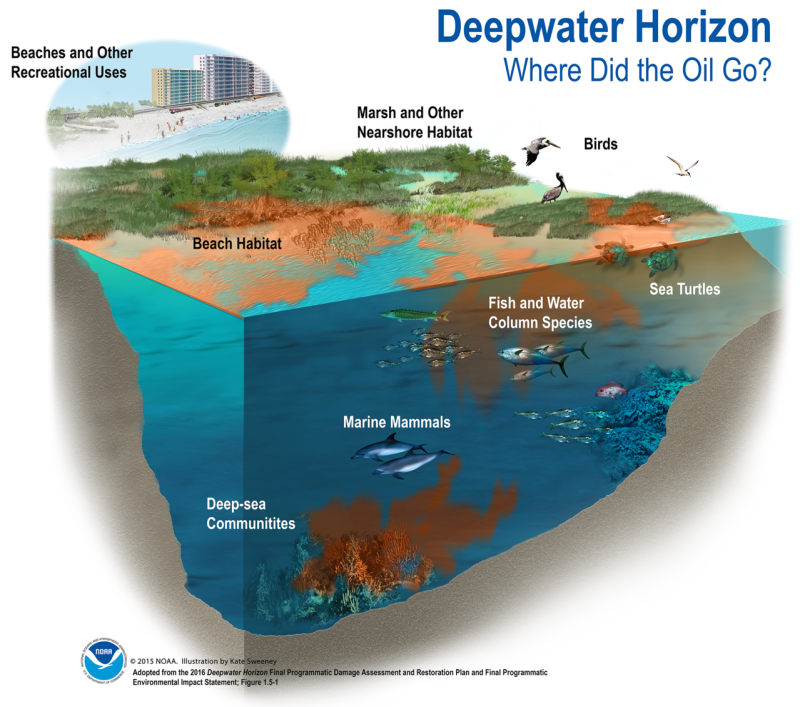When Humor is an Effective Tool in Crisis Communications
Humor can be useful in crisis communications - but only in certain situations. In the Journal of Interactive Marketing, researchers (Yu, Huang, and Ping, 2022) defined two types of negative events: defensible and indefensible. The researchers found that humor is only an effective tool in the context of defensible crises.
Indefensible Crisis Events
Indefensible events are "unfavorable incidents that violate rules or safety standards and cause harm to consumers." BP's Deepwater Horizon explosion, resulting in the death of 11 oil rig workers and the spillage of 4 million barrels of oil into the Gulf of Mexico in 2010 over a period of 87 days, is an example of an indefensible event.
Defensible Crisis Events
The researchers define defensible events as those that “do not violate rules or safety standards and for which the firm itself is not seen as being at fault.” They concluded that the strategic use of humorous language in this context could result in more favorable outcomes (improved brand perception).
An example of an effective campaign using humor to address a defensible event is KFC’s (a global Yum! Brands franchise) response to an unprecedented supply chain hiccup. A switch to a new supplier, DHL, resulted in a widespread chicken shortage and the subsequent closure of about 800 of its 900 KFC locations in the UK and Ireland in 2018.
KFC’s ad campaign featured an image of an empty, overturned chicken bucket with their brand name reordered as "FCK" on it, accompanied by an apology. They stated, simply: “We're sorry. A chicken company without any chicken. It's not ideal."
KFC also posted a children’s riddle to add additional levity to the snafu:
“Why did the chicken cross the road?”
“The chicken crossed the road… Just not to our restaurants.”
Conclusion
A caveat to using humor in crisis communications: ensure the final campaign addressing the defensible, adverse event is reviewed and approved by your cross-functional Crisis Communications Team and key stakeholders. Each crisis situation presents a unique set of variables that may preclude your team from using humorous language.




